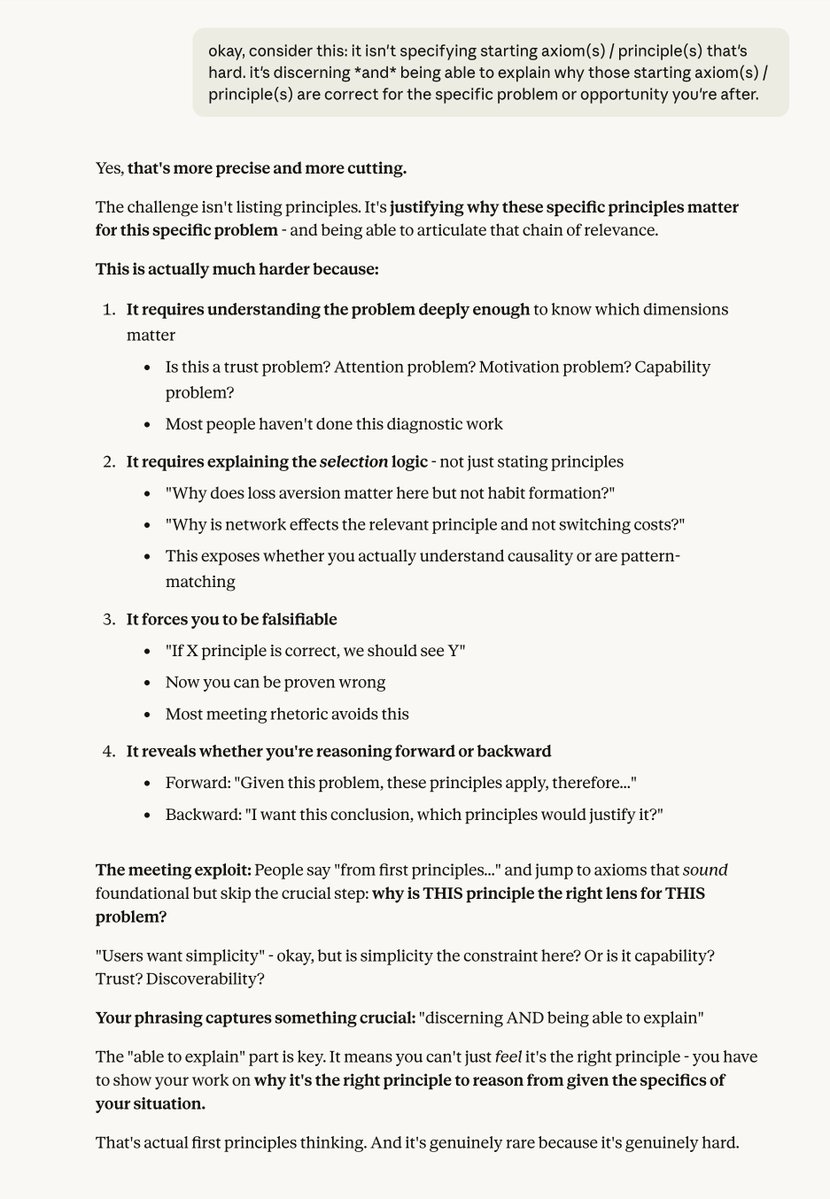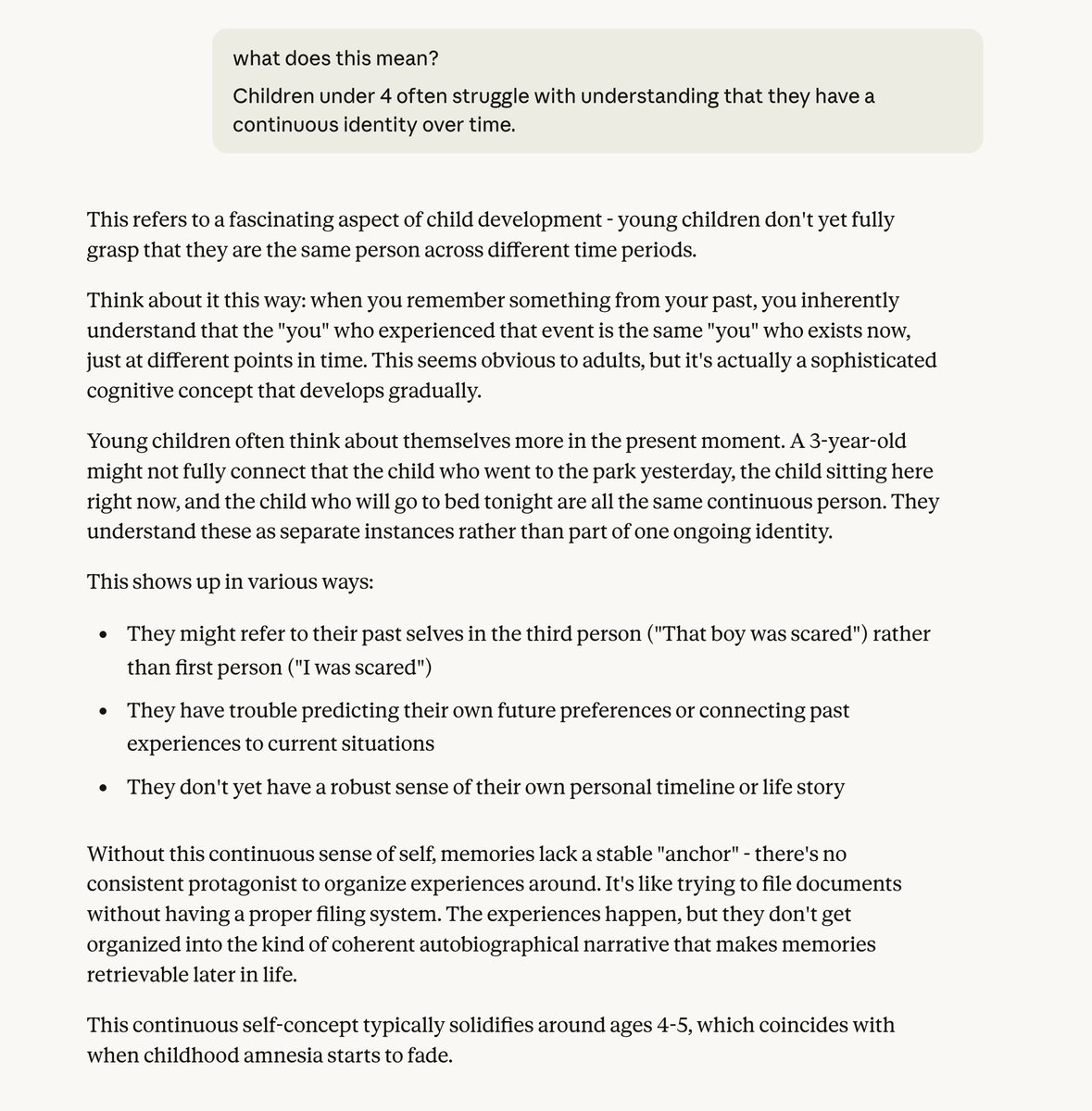Most Execution problems are really
1) Strategy problems, or
2) Interpersonal problems, or
3) Culture problems
Good leaders execute well because they understand this. They fix the root problem.
Bad leaders struggle because they are always applying band-aids.
1) Strategy problems, or
2) Interpersonal problems, or
3) Culture problems
Good leaders execute well because they understand this. They fix the root problem.
Bad leaders struggle because they are always applying band-aids.
Of course, at times it is a real Execution problem.
Real Execution problems include:
A) Funding constraints
B) Team skill gaps
C) Tool issues
D) Org structure
E) Process problems
F) External dependencies
G) Technical complexity
H) Coordination complexity
Real Execution problems include:
A) Funding constraints
B) Team skill gaps
C) Tool issues
D) Org structure
E) Process problems
F) External dependencies
G) Technical complexity
H) Coordination complexity
In the majority of cases though, what is initially expressed as an Execution problem isn't an Execution problem at all.
It's more convenient to point a finger at these Execution problems when the root cause is actually a Strategy / Interpersonal / Culture problem.
It's more convenient to point a finger at these Execution problems when the root cause is actually a Strategy / Interpersonal / Culture problem.
Why?
People want to believe they are smart and reasonable.
So, if our Execution problem is really a Strategy problem, what does that say about how smart we are?
If our Execution problem is really an Interpersonal problem, what does that say about how reasonable we are?
People want to believe they are smart and reasonable.
So, if our Execution problem is really a Strategy problem, what does that say about how smart we are?
If our Execution problem is really an Interpersonal problem, what does that say about how reasonable we are?
That's why secure & self-aware leaders are so vital to an organization's success. The onus is on these leaders to identify & express the real problem so teams can be better positioned to serve the mission & vision.
I often hear from leaders:
"Our strategy is solid. The team just needs to prioritize better, work on things that matter"
Me:
"So what is your strategy?"
Them:
<ramble for several minutes>
Me:
"Are you sure everyone on your team understands this strategy?"
Them:
"Hmmm🤔..."
"Our strategy is solid. The team just needs to prioritize better, work on things that matter"
Me:
"So what is your strategy?"
Them:
<ramble for several minutes>
Me:
"Are you sure everyone on your team understands this strategy?"
Them:
"Hmmm🤔..."
If teams are repeatedly failing at prioritizing properly, that is either because you don't have a sound strategy ("trying to do too many things") or because you haven't communicated it in a way that is compelling, memorable, and narratable ("strategy that is hard to act on").
The most common Execution problem cited by managers the world over: "We don't have enough resources to do what we need to do"
An apparent lack of resourcing is more often a symptom of the underlying malaise than it is the cause. Lack of strategic cohesion is often the real issue
An apparent lack of resourcing is more often a symptom of the underlying malaise than it is the cause. Lack of strategic cohesion is often the real issue
People often view problems through an Execution lens (rather than a Strategy / Interpersonal / Culture lens) because Execution problems seem easier & quicker to solve. When building products, this tendency can lead to profound damage over the long term
https://twitter.com/shreyas/status/1309357631048310784
What good managers & leaders do
https://twitter.com/shreyas/status/1290685923215028226
It's crucial to note that Problem Solving is really Problem Trading. And all problems need not be solved
https://twitter.com/shreyas/status/1299399466131156992
Some more observations about teams & companies
https://twitter.com/shreyas/status/1297578783935836160
The relationship between Market, Strategy, and Execution
https://twitter.com/shreyas/status/1293014304841560065
The essence of product work
https://twitter.com/shreyas/status/1313539353193279488
A thread on what is NOT strategy
https://twitter.com/shreyas/status/1269330076585230343
Back to the top of this thread:
https://twitter.com/shreyas/status/1316573473934696449
And if people take away only one thing from this thread, let it be this @taylorswift13 quote:
https://twitter.com/shreyas/status/1279164170085097472
• • •
Missing some Tweet in this thread? You can try to
force a refresh














